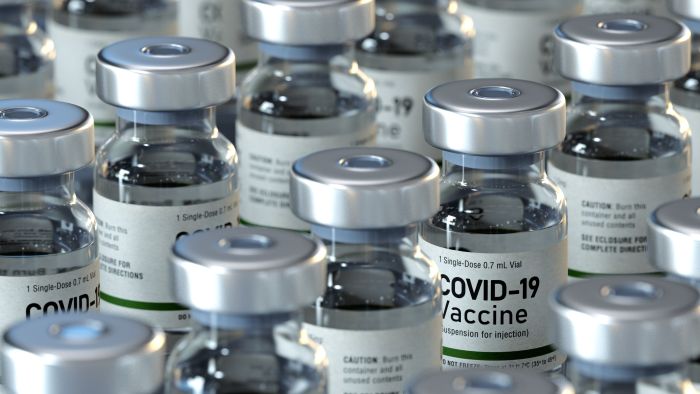Emergency use authorization (EUA) enables the Food and Drug Administration (FDA) to facilitate the availability of medical countermeasures when public health emergencies are declared by the secretary of the US Department of Health and Human Services. Few medical products were authorized for 15 years after the first EUA for an anthrax vaccine was issued in February 2005. During the COVID-19 crisis, EUA was used extensively for rapid authorizations of medical products. In this study, Moshkovits and Shepshelovich (2021) examined the COVID-19–related products authorized by the FDA and the quality of their supporting evidence.
For this cross-sectional study, researchers collected COVID-19–related EUA information from Jan. 1, 2020, to Jan. 22, 2021, from the FDA website. When clinical data were available, they categorized the evidence according to supporting trial design. For diagnostic products, the researchers noted whether the EUAs were supported by comparisons to previously authorized assays, analytical in vitro studies (e.g., identification of detectability limits by successively diluting known samples with positive results), or unspecified laboratory data (e.g., diagnostic kit stability assays). They ascertained EUA status on Oct. 1, 2021. Data were descriptively reported for the entire cohort and according to medical countermeasure type. Inferential statistics were not undertaken because of data heterogeneity and the low number of samples of several medical countermeasure types (e.g., anti–COVID-19 drugs). In accordance with local Israeli law, institutional review board approval and informed consent were not required because the study used only publicly available data and was not considered human participant research.
Of the 393 products that were granted EUAs for COVID-19–related purposes, 329 (84%) were diagnostic tests, followed by 54 medical devices (14%) and 10 drugs or vaccines (3%). The EUAs for diagnostic products were mostly supported by comparisons with various previously authorized assays (n = 254 of 329 [77%]) and then by some analytical in vitro studies (n = 47 [14%]). No supporting evidence was specified for most medical devices (n = 32 of 54 [59%]), but when evidence was cited, it consisted of laboratory data (n = 20 [37%]). The EUAs for drugs and vaccines were supported predominantly by randomized clinical trials (n = 7 of 10 [70%]). Most drugs and vaccines (n = 8 [80%]) were not previously approved by the FDA for other indications. Seventeen products (4%) (i.e., two drugs, seven medical devices, eight diagnostics) were revoked by the FDA mainly because of problems with effectiveness or safety (n = 10 [59%]) after a median (IQR) number of 230 (107-429) days. One drug and one vaccine were granted FDA approval.
Reference: Moshkovits I and Shepshelovich D. Emergency Use Authorizations of COVID-19–Related Medical Products. JAMA Intern Med. Published online December 20, 2021. doi:10.1001/jamainternmed.2021.7257
